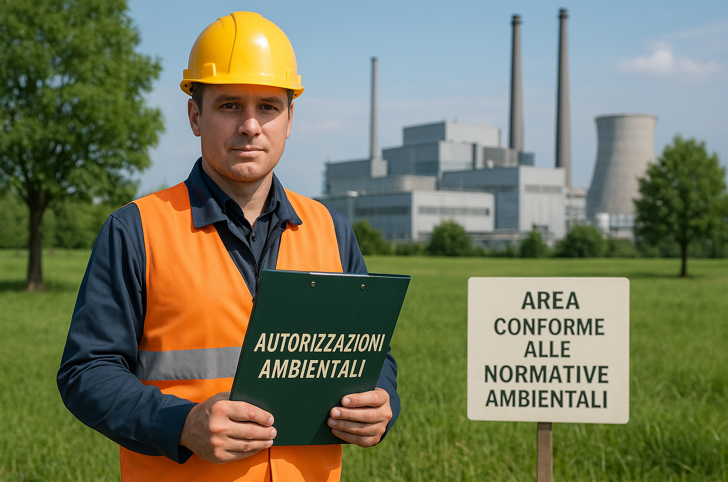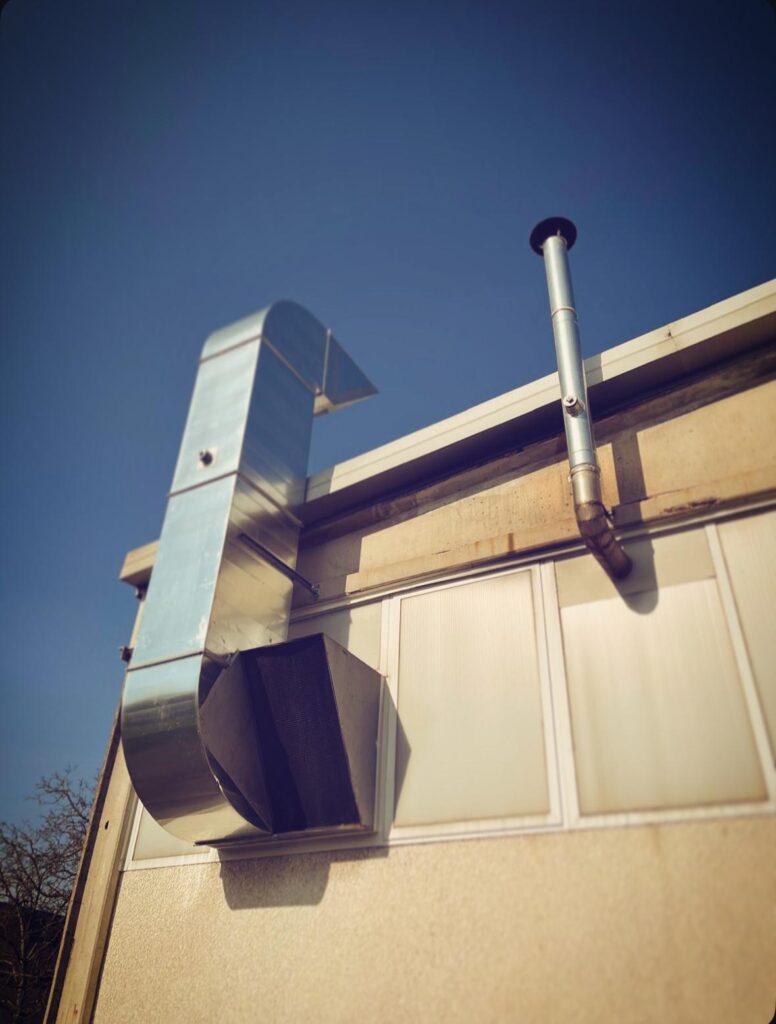Environmental permits: what they are, when they are needed, and why they are critical for businesses

In the Italian regulatory landscape, environmental protection is an increasingly central issue for both public administrations and businesses. Among the main tools for ensuring compliance with environmental laws are environmental permits, a set of administrative acts that regulate activities that potentially pollute or impact the environment. Let’s take a look together at what they are, to whom they are addressed, and why they are essential for a modern business.
What is meant by an environmental permit?
An environmental permit is an administrative measure that authorizes a company or entity to engage in certain activities that result in impacts on the environment. Such impacts may concern:
- Atmospheric emissions
- Water discharges
- Waste Management
- Use of hazardous substances
- Contamination of soil or subsoil
The objective of these permits is to ensure that production/industrial activities are carried out in compliance with environmental regulations, preventing or limiting environmental damage.
What activities require environmental permits?
Environmental permits are not required of all businesses, but only those that conduct activities with potential impact on the environment. Some examples include:
- Manufacturing enterprises
- Auto repair shops and body shops
- Farms with organic waste treatment facilities
- Construction sites with dust or wastewater emissions
- Companies that handle special or hazardous waste
The main types of environmental permits
1. Single Environmental Authorization (AUA)
It is the most common permit for small and medium-sized enterprises. It unifies in a single act several permits, such as:
- Atmospheric emissions
- Water discharges
- Permits for non-hazardous waste
Benefits: simplifies bureaucratic procedures and reduces time.
2. Integrated Environmental Authorization (IEA).
It is required for more complex industrial plants with greater environmental impact, such as:
- Refineries
- Cementitious
- Chemical plants
It is a more elaborate procedure that requires compliance with BAT (Best Available Techniques).
What happens if you are not in compliance?
Operating without proper environmental permits carries high risks, including:
- Administrative fines of up to thousands of euros
- Suspension or revocation of activity
- Criminal complaint in case of environmental damage
- Responsibility also for the employer and technical manager
The role of environmental consulting
Many companies are not fully aware of the regulatory obligations to which they are subject. Specialized consulting enables:
- Verify the need for authorizations
- Manage paperwork with relevant agencies (ARPA, Region, Municipality)
- Drafting technical reports, applications and attached documentation
- Maintaining compliance over time, even after release
Conclusion
Environmental permits are not just a legal requirement: they are a tool of accountability and a competitive advantage. They demonstrate the company’s commitment to sustainability and transparency, elements increasingly valued by customers, partners and stakeholders.
For a modern business, being in compliance is not enough: you need to be aware and proactive. Good counseling helps you do just that.
